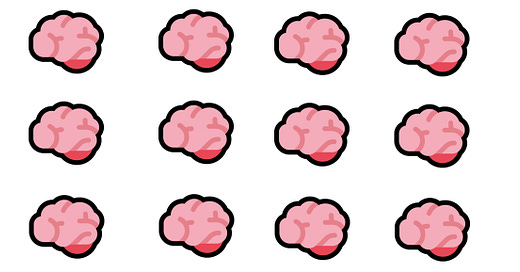Hello Reader,
Today, I am sharing an interesting study around naming your feelings.
This study is titled “Knowing what you’re feeling and knowing what to do about it: Mapping the relation between emotion differentiation and emotion regulation”.
Here’s a simplified explanation of it with the prominent points explained -
People vary in how they experience emotions. Some can clearly distinguish between different types of positive and negative emotions, while others treat similar emotions as interchangeable.
Based on self-regulation theory, they predicted that those who have a more differentiated emotional experience would be better at regulating their emotions compared to those with less differentiation.
Specifically, they hypothesized that emotion differentiation and emotion regulation would be positively related, especially when dealing with intense negative emotions. To test this, they used a 14-day diary to assess participants' differentiation of negative and positive emotions. they also measured their regulation of negative and positive emotions in a laboratory setting.
As expected, they found a positive relationship between differentiation of negative emotions and the frequency of regulating negative emotions, particularly when emotions were more intense.
You can support this free newsletter, if you wish to. Get The Psych Handbook which features simple explanations & fun visuals of 150+ biases of psychology.
What do I need to know?
This study provides the first empirical evidence that characteristics of how emotional experiences are represented are related to emotion regulation. Previous arguments suggested a connection between awareness of affective experience and emotion regulation, but this study confirms it.
The findings show that individuals who have a higher tendency to label negative emotions in a specific and detailed way are more likely to engage in negative emotion regulation strategies, especially when experiencing intense emotions.
However, there was no significant relationship found between positive emotion differentiation and regulation variables.
📣 Want to Sponsor the Next Edition?
Sponsor Psych: Highlight your amazing service or product in front of a highly-intellectual audience of 1000+ readers.



